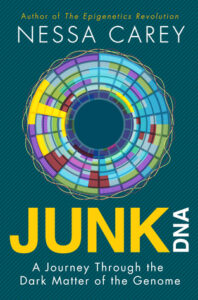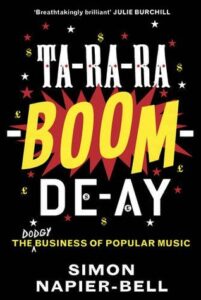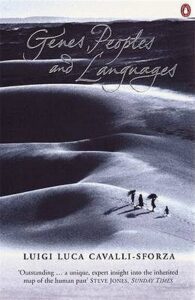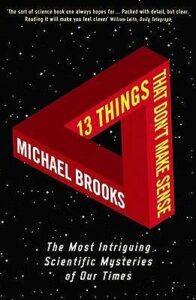 Helen of Troy: Goddess, Princess, Whore, Bettany Hughes
Helen of Troy: Goddess, Princess, Whore, Bettany Hughes
Originally reviewed 11th October, 2012
Bettany Hughes was made an honorary Fellow of my university in the same ceremony as I became a graduate, so I’ve been planning to read this ever since. That, and the story of Troy has always been fascinating to me. There’s definitely something very compelling about Bettany Hughes’ writing, which though very detailed isn’t dry — or maybe I just have a weakness for descriptions of “sumptuous palaces” and so on trained into me by my early love of a book (by Christine Desroches-Noblecourt) describing the treasures of Tutankhamen’s tomb in detail. She makes the book colourful, anyway. And from whatever I know of Greek history and myths, she chooses her material well and does wonders in digging through the evidence of millennia to look at the idea of Helen of Troy, where she came from and what she has meant to generations of people.
I think my favourite section was actually the discussion of what the fabled Helen had to do with Eleanor of Aquitaine: the interaction of real queens with figures of legend like Helen of Troy, Queen Guinevere and female Christian saints fascinates me…
I’m not sure how well I think the information was organised, though. Admittedly, Helen is hard to pin down, but I’m not sure I can pinpoint how Hughes wanted to present her ideas. For me, reading cover to cover and for pleasure, it worked fine, but if I were to come back and try to refer to some specific point, I think I’d have trouble finding it.There are extensive notes and a long list of references to other works, so all in all I think this book is very well organised and researched. And — to me, more importantly — I really enjoyed reading it.









 The Better Angels of Our Nature, Steven Pinker
The Better Angels of Our Nature, Steven Pinker